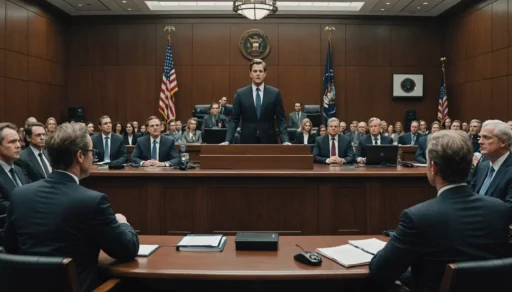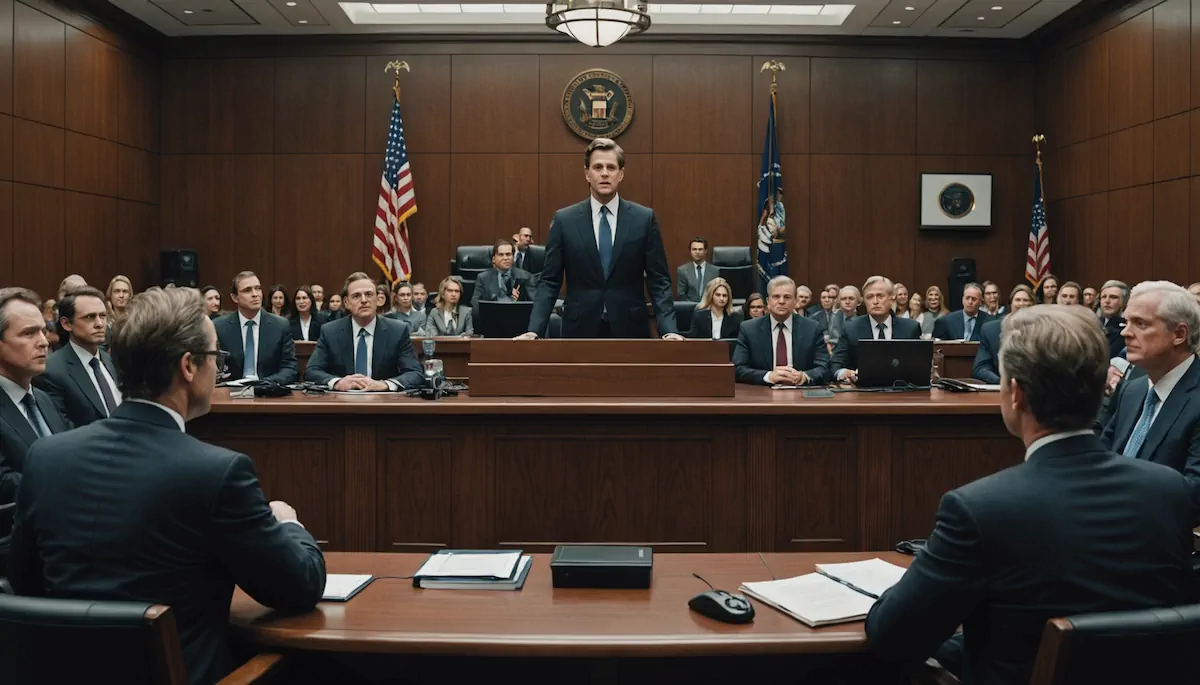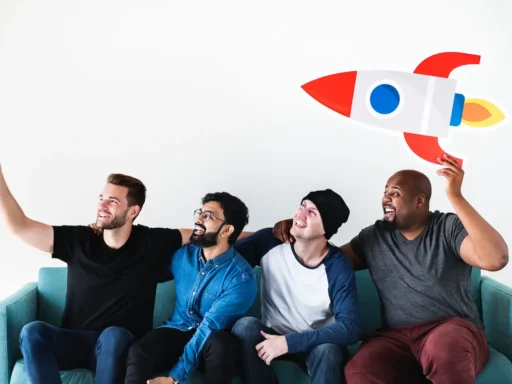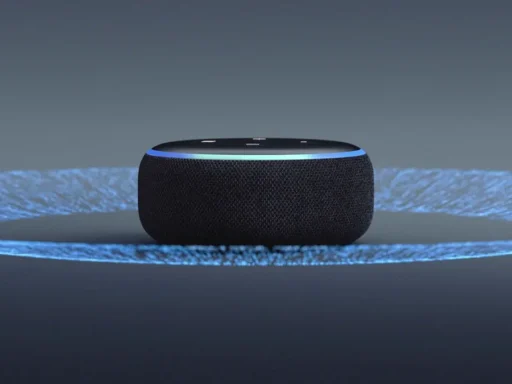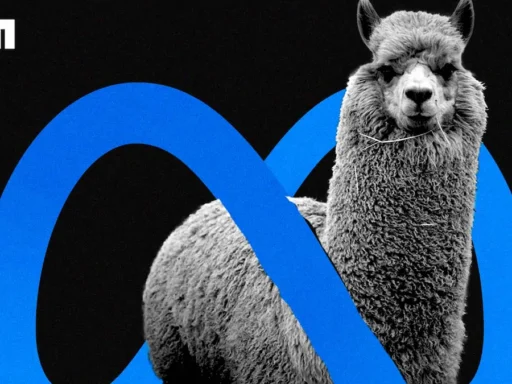The gloves are off, and it’s not just another billionaire ego clash—this one could flip the future of artificial intelligence on its head. You’ve got Elon Musk, the guy who helped give birth to OpenAI, now dragging his own creation into court. The issue? Transparency, profit motives, and who really controls the future of “ethical AI.”
Maybe you’re wondering why this messy tech trial even matters. Look closer. What’s at stake isn’t just code or contracts—it’s control of AI narratives, business models, and your future tech experience. We’re talking ChatGPT, AI tools shaping daily decisions, and billion-dollar systems built on labor most people don’t even see.
Here’s where it gets real. The Musk vs. OpenAI lawsuit is more than drama. It’s the frontlines of the battle for AI’s soul. Stay with me—I’m breaking down what’s going on, why it matters, and how it ties into every app and AI tool hitting your feed.
Context: Elon Musk’s Role In OpenAI’s Foundation And Rise
Back in 2015, Elon Musk wasn’t building lawsuits—he was building OpenAI itself. He co-founded the organization with a mission to push artificial intelligence as a public good. Not just another research lab, but a non-profit designed to stop AI from going full Skynet. Musk poured in tens of millions and brought in top minds with the goal of transparency and openness.
By 2018, he left the board quietly, citing conflicts with Tesla’s own AI work. What wasn’t discussed much at the time? Frustrations over direction and leadership. Less than a year later, OpenAI switched gears—going from anti-profit to a “capped-profit” model. That move allowed it to partner with Microsoft and raise over $1 billion in funding. Musk? He called foul. Accused them of betrayal. Said this wasn’t what he signed up for. Open-source ideals turned into closed-door billion-dollar deals.
Key Allegations Driving The Trial
Musk’s lawsuit, filed in California, goes beyond corporate betrayal. He alleges that OpenAI breached the founding agreement—specifically, its pivot into a profit-driven company contradicts the original nonprofit mission. One focus: the secret-sauce IP behind GPT-4 and GPT-5, models Musk claims should never have become proprietary.
The legal document reads like a roadmap of betrayal:
- He argues OpenAI’s license with Microsoft steers AI development away from public interest.
- He questions how a nonprofit laid the groundwork only for its tech to become a private superweapon for one of the largest corporations on the planet.
- He believes key leadership concealed deals and warped the mission to profit shareholders, not serve humanity.
Publicly, he’s doubled down. On X (formerly Twitter), Musk called modern OpenAI “a closed-source de facto subsidiary of Microsoft.” He says the current board has zero accountability to public interest. In filings, Musk’s legal team demands OpenAI stop using tools trained under nonprofit auspices for corporate profit, particularly anything involving Microsoft servers or Azure infrastructure.
The core of his argument? You can’t wear a nonprofit badge while cashing in on closed AI models with trillion-dollar partners. The case may decide whether ethical ambition has legal weight—or is just another pitch deck fantasy.
Public And Media Anticipation
This trial is more than two tech titans butting heads. It’s triggering big questions around ownership, transparency, and the moral contracting of foundational AI tools. If AI is becoming the substructure of internet communication, should the secrets be locked away under NDAs and VC deals?
Across media, anticipation’s building by the day. Axios reports this lawsuit “could force the tech industry to re-examine how non-profit research transitions to profit-making machines.” Advocates for open-source AI—like Stability.AI and Hugging Face—are already citing Musk’s case in arguments to limit corporate monopolies on development.
And public opinion? It’s split. Some see Musk as the hero finally calling out AI imperialism. Others roll their eyes—arguing he’s crying betrayal because he lost control of a rocket he helped build. Either way, both sides agree—it’s messy, but necessary.
| Party | Position | Public Reaction |
|---|---|---|
| Elon Musk | Opposes OpenAI’s shift to closed-source, profit-focused model | Seen as disruptive truth-teller by some, sore loser by others |
| OpenAI | Defends strategic shift to serve broader audiences via Microsoft | Praised for scaling GPT tools, critiqued for lack of nonprofit transparency |
The Musk-OpenAI feud crackles at the center of every debate about AI’s future. Who gets to shape it? Who benefits? And who’s keeping receipts when the systems break?
Research and Development: Elon Musk’s AI Vision
The Philosophy of Musk’s AI Innovations
Elon Musk’s AI journey didn’t begin in courtrooms or boardrooms—it started with alarm bells. For nearly a decade, Musk has been the tech world’s Cassandra, warning that unchecked artificial intelligence poses existential threats to humanity. While many saw these statements as melodramatic, his ventures tell a different, more grounded story—one that blends caution with creation.
Take Neuralink. Say “brain chip” and you’ll either get a raised eyebrow or a hopeful nod. But behind the headlines, Neuralink’s research is zeroing in on assistive neurotechnology. It’s not about making superhumans—it’s about granting agency back to stroke survivors, paralysis patients, or those suffering from motor disorders. Talking to a caregiver whose son tested early non-invasive modules paints the full picture: this isn’t sci-fi, it’s survival tech.
Musk’s philosophy weighs freedom of information heavily against opaque AI operations. That mindset drove his early involvement in OpenAI—which makes the lawsuit over its shift to a for-profit model feel like more than a contract dispute. It’s a clash of visions: open safety vs. closed dominance.
Securing the AI Future
Over at SpaceX, the silent evolution of AI-powered robotics is picking up speed. From autonomous docking systems on Crew Dragon to predictive maintenance bots tracking fuel anomalies on launch pads, Musk’s teams aren’t just building rockets—they’re crafting layered, adaptive AI systems built for failure correction and decision independence.
But it’s the meta-layer that’s vital. Musk’s public stance? Any AI that exceeds human intelligence must be decentralized, value-aligned, and hard-limited by both hardware governors and ethical guardrails. Not maybe—must. That’s why he’s backing xAI: an attempt to anchor superintelligence to human-compatible objectives, right down to the firmware.
The Broader Impact of the Musk-OpenAI Clash
The Future of AI Ethics and Regulations
What started as a lawsuit over breach of fiduciary duty could rewrite how the world regulates AI. Elon Musk’s AI lawsuit against OpenAI alleges a fundamental betrayal: turning a mission of open research into a closed pipeline controlled by a $13 billion Microsoft deal. His legal filings reference the original founding charter, highlighting a very public pivot from an open-source ambition to commercial secrecy.
This isn’t just internal drama. If Musk’s claims stand, we could be looking at the first legal template for holding AI labs accountable—not just to partners or shareholders, but to stated ethical missions. Regulatory black holes—where generative AI, data labeling, and model training practices exist—could soon face sunlight.
And for countries struggling to write AI policy from scratch, this case becomes precedent fuel. Can a mission-driven AI lab change its soul mid-flight once profit enters the chat? Or does it owe consistency to its original backers—and the public? Expect regulators worldwide to watch this one with a magnifying glass.
Musk’s Impact on AI Startups and Innovations
Musk doesn’t just throw shade—he builds alternatives. His vocal critiques of corporate AI silos have nudged many founders toward open-weight models, federated learning, and more transparent auditing practices.
Take xAI, or his funding of startups building distributed training on low-energy chips. He’s seeding ecosystems evolving outside centralized stacks. From self-driving chip firms to climate modelers backed by Tesla’s open energy API, a growing class of founders cite Musk’s philosophy as foundational.
Market Growth: The Business Side of AI
Musk Growth Strategies in the AI Market
No surprise here: Tesla’s AI backbone is revenue magnetic. Product lines like Full Self-Driving (FSD) don’t just promise autonomy—they generate billions in deferred revenue through software licensing and permit fees. Behind every vehicle update is Dojo, Tesla’s custom-built AI training supercomputer, quietly scaling like a hedge fund algorithm with torque.
Meanwhile, Neuralink’s monetization isn’t about immediate gain. It’s a slow, deep game—building clinical trial credibility to unlock med-tech and neural interface markets that didn’t exist five years ago. Musk’s vision? Horizontal expansion across mobility, cognition, and planetary autonomy.
This isn’t just another multibillion-dollar moonshot—it’s about infrastructure. If Tesla is the highway and Neuralink is the human-machine interface, what’s next becomes the question Musk followers constantly decode.
Economic Trends Influenced by Musk
Markets watch Musk not because he’s always right—but because he makes everyone move. As OpenAI positions itself as the Apple of artificial intelligence—slick, closed, and integrated—investors hungry for access-driven models are betting on Musk’s circle: xAI, decentralized labs, and open training architectures.
We’re also seeing diversified capital flows. VCs wary of monopolized LLM development are funding edge-AI on microdevices and models that can train offline—clearly aligned with Musk’s decentralization thesis. While OpenAI and its Microsoft alliance might dominate headlines, Musk’s push is laying runway for the next 100 mid-stage challengers.
Musk Startups: Tools and Trends
Emerging Startups Inspired by Musk’s Philosophy
Musk-backed projects aren’t just flashy—they’re infrastructure. Take Starlink. Beyond internet, think of it as AI’s future backbone. Global satellite coverage means decentralized model deployment on disaster sites, battlefields, and rural labs.
Then there’s proximity capital. Accelerators like the Tesla-backed Autonomy Incubator in Fremont foster sensor-AI startups that plug directly into EV ecosystems. At Neuralink, early-stage grants are supporting startups decoding neurological signals in low-latency contexts.
These aren’t vanity plays—they’re intentional scaffolds. API integrations, ethical licensing models, and sensor-AI plugins are forming the backbone of a less corporate, more interoperable AI future rooted in Musk’s design DNA.
Future Trends to Watch
While OpenAI doubles down on closed-loop profit models, Musk champions the open path. His R&D bets prioritize explainability, public datasets, and regionally deployable language models that won’t break under geopolitical scrutiny.
Look out for:
- Open-weight multimodal models—lower-cost, high-context local agents for agriculture, transit, and healthcare.
- Regulatory-first design—building AI with embedded compliance layers (GDPR, HIPAA) from day one.
Whether or not Musk’s companies hit “true AI,” the playbook he’s laying out is built to challenge Big AI’s monopoly not through rhetoric—but through software that scales differently.
Musk Products, Solutions, and AI-Powered Applications
When someone mentions Elon Musk and AI in the same sentence, most people think of autonomous cars or rockets. But under the hood, there’s a tide of AI-powered tools quietly solving real problems. Take Tesla. Beyond self-driving, its energy division uses machine learning to forecast power grid performance—a big deal for managing renewables. The Powerwall doesn’t just store power—it learns. It adapts to energy usage like your smart thermostat on steroids.
Flip to Neuralink. This isn’t just about putting chips in brains for fun. AI reads brain signals and translates them into motor functions. Yep, people with paralysis could one day control phones or cars just by thinking. It’s not science fiction. Clinical trials are already approved. This fusion of neural activity and AI is hinting at a future where disability and disconnection shrink by algorithmic design.
Musk’s Innovations Beyond Core Industries
Elon’s not stopping at cars and chips. His AI plays peek through verticals a lot of folks don’t even know he’s touching. SpaceX uses AI not just for landing rockets but also for plotting reusable orbits—that’s fuel saved, launches optimized. In agriculture, early rumors point toward drone-AI-hybrid systems that monitor soil degradation and crop cycles. And in bioengineering? Musk’s ventures are dipping into regenerative medicine, using AI to model protein folding in record time. These aren’t side hustles. They’re signs of a bigger integration that mirrors where global tech is moving—fast, modular, AI-first.
The Future of Musk-Driven AI Ecosystems
Now, let’s talk about where this is all heading—especially after Musk dropped that OpenAI lawsuit. For startup CEOs and technologists watching from the sidelines, this wasn’t just courtroom drama. It was a loud message: control over AGI is up for grabs. If Musk wins in court? Expect a gold rush of open-source AI shops trying to claim moral high ground by promising “unaligned” safety protocols. If he loses? AI VCs may double down on black-box models because, well, who cares if it works and no one’s suing?
Musk’s forever warning us about runaway AI. He wants models built with context locks, value alignment, constraints—basically AI that doesn’t go rogue. Whether or not that’s realistic, expect “safe AI” to become a new marketing budget line item, especially as lawsuits pile up. What we call “aligned” AI in 2025 might be very different from OpenAI’s language in 2023.
Building Bridges or Burning Them Down?
What’s the endgame here? Will Musk and OpenAI ever find common ground again? It’s anyone’s guess. Their breakup exposed a deep fault line: should AI leaders hoard power or share it like internet protocols? Don’t hold your breath for reconciliation. The trial showed us the cost of ideological splits in AI. One side talks control. The other screams innovation.
If anything good comes from this case, it’ll be real pressure on AI firms to define what they mean by “ethics.” Not as a PR term, but embedded in development stages. Think enforced datasets audits. Think mandatory whistleblower lines. Think third-party AI review boards that don’t evaporate when a VC shows up. That’s what should come next. Whether Musk helps build that bridge—or blows it sky-high—depends on whether people demand it.
Musk Impact: Shaping AI Trends
Like him or not, Elon moves markets. After the lawsuit went public, Google, Meta, and Microsoft quietly updated their AI transparency standards. Coincidence? Probably not. If Musk’s dragging OpenAI into court gets tech giants to fear legal accountability? That shakes up the entire AI sector. And let’s be real—corporate pledges before this were mostly hot air. His lawsuit pulled back the curtain.
He’s kicking open a public fight over sustainable AI too. Every time Tesla touts machine learning for grid balancing, folks start asking OpenAI how much water and energy GPT-5 gulps every month. That’s not bad. That’s impact. If we see AI models start carrying energy + water ratings like appliances, make no mistake—Musk helped shift that wave.
Accountability Trends in Big Tech Firms
This lawsuit could set legal precedents no one saw coming. Like, who actually owns fine-tuned embeddings? Or whether founders retain moral ownership over open-source tech they helped commercialize. Those aren’t just legal grey zones—they’re traps waiting to spring litigations in AI ventures everywhere.
And it’s sparking broader calls for oversight too. Engineers, researchers, and even silent investors are asking, “Yo, who’s steering this thing?” Expect more demands for independent ethics panels baked into funding rounds. Musk may not wear a halo, but he’s forcing conversations that Silicon Valley thought it had buried.
Reader Takeaways: What This Means for You
You’re not launching rockets or filing lawsuits. But this trial could still hit your day-to-day. Why? Because who controls AI controls how fast it rolls out into your life. With Musk taking swings at OpenAI, smaller companies may jump in with lean tools, cheaper models, and better terms. That could drop prices on AI plug-ins for your biz or spark new tools designed with user transparency in mind.
Bottom line: this lawsuit may unlock more honest, accessible AI. Or it could scare startups off innovation. Watch carefully. Your chatbots, your image generators, your smart schedules—they’re all downstream of this fight.
Final Call: Shaping AI’s Future Together
Don’t just scroll past. This isn’t some billionaire beef. It’s your tech future on trial. Want to push for ethical AI? Do these:
- Use tools that publish training data and energy usage
- Ask if the model you pay for has been audited by third parties
- Support startups committed to open framework compliance
And keep your radar on. Track AI lawsuits. Follow model transparency updates. Subscribe to watchdogs digging into algorithmic accountability. This isn’t just Musk vs. OpenAI—it’s about who gets to shape the tech rules we all live with. Stay informed. Stay noisy.

